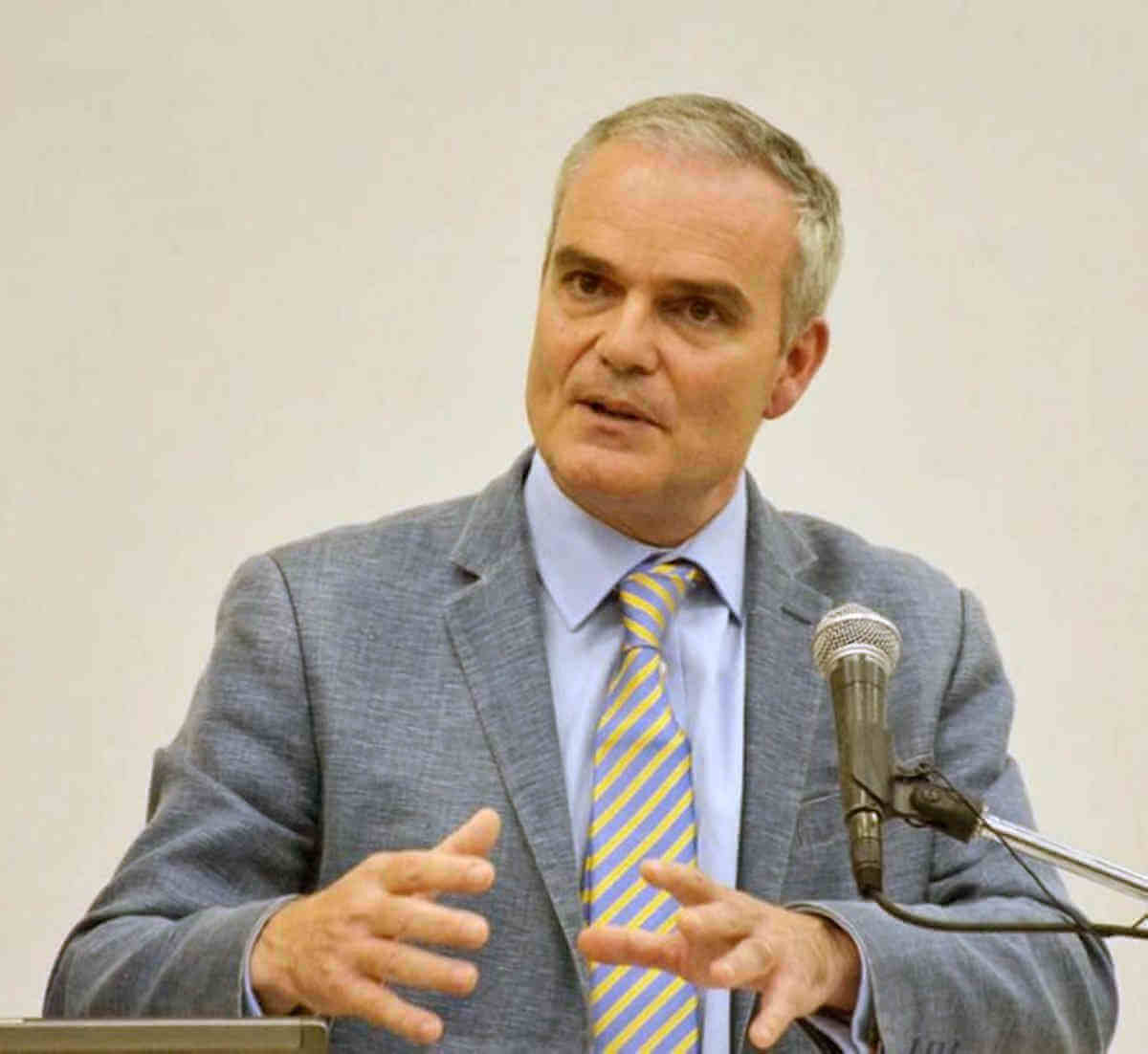Barbados is among the first countries regionwide to halt mother-to-child transmission of HIV/AIDS, and moving along with this remarkable achievement are public education and free medical treatment to reduce the threat, but health authorities still have reason to sound alarm bells.
As the island joined other countries in observing World AIDS Day Saturday, Senior Medical Health Officer, Dr. Anton Best, said he believes that Barbadian men comprise a group under greatest threat of infection, based mainly on their promiscuous habits.
“More men are putting themselves at risk and that is why we regard men as a vulnerable group — full stop. Within [that group], gay men are very vulnerable to HIV; but men in general are considered to be very vulnerable to HIV,” the Nation newspaper reported Best stating Sunday.
Supporting his position, he pointed to 2017 statistics which revealed that of the 106 newly diagnosed HIV cases, 74 were men and 32 women.
Apart from male recklessness in sexual copulation, another source of worry is that cases of HIV/AIDS in Barbados have only marginally decreased in the last 10 to 15 years.
“By now we should be seeing less people becoming HIV positive. … Of the people being diagnosed, a lot of them are being diagnosed late, which means we are not getting to the more vulnerable people earlier.
“If we diagnose them earlier from a public health standpoint, it means we would be able to get them into treatment and reduce the likelihood of them not only being ill, but also being able to spread HIV,” Dr. Best said.
Disappointment in the slim reduction of HIV/AIDS cases comes against the backdrop of Barbados’ advances against the disease over the years.
Barbados received kudos in 2015 from the UNAIDS Executive Director, Dr. Michel Sidibe, for the being the second country in the region, behind Cuba, to have eliminated mother-to-child transmission of the illness.
Since the turn of the century Barbados has made all antiretroviral treatment for the disease free. This was coupled with intense public education.
That situation gave confidence to then director of the island’s AIDS laboratory, Dr. Clive Landis to declare in 2016, “there is no reason to have it in this country; none whatsoever. We have all of the drugs and treatments available.”
Dr. Landis established that the Ministry of Health has long recognized that not only does the quality of anti-retroviral drugs — available for more than a decade — have the ability to treat the patient, but that constant application of the medication reduces the viral load in infected persons so that they are no longer infectious and could live normal lives.
He nonetheless conceded, “there are barriers keeping the patient apart from the drugs.
“It is the diagnosis which we need in the first place, and then the linkage to care, and what’s hindering that is fear and stigma.”
He explained that mainly for social reasons infected persons are reluctant go for treatment for fear infection with this stigmatized disease may be revealed in the small Barbados community.
But fast-forward to 2019, and Dr. Best is now contending that added to the stigma, poverty and ignorance are factors inhibiting early treatment.
He said 36 percent of people newly diagnosed with HIV were at later stages of the disease and they are from the lower social economic class.
“They tend to be poor; they tend to be less educated. Then it makes you question what access to health care do they have. They may have some information, but overall, these people are vulnerable and that is something that needs to be taken into consideration.”





















